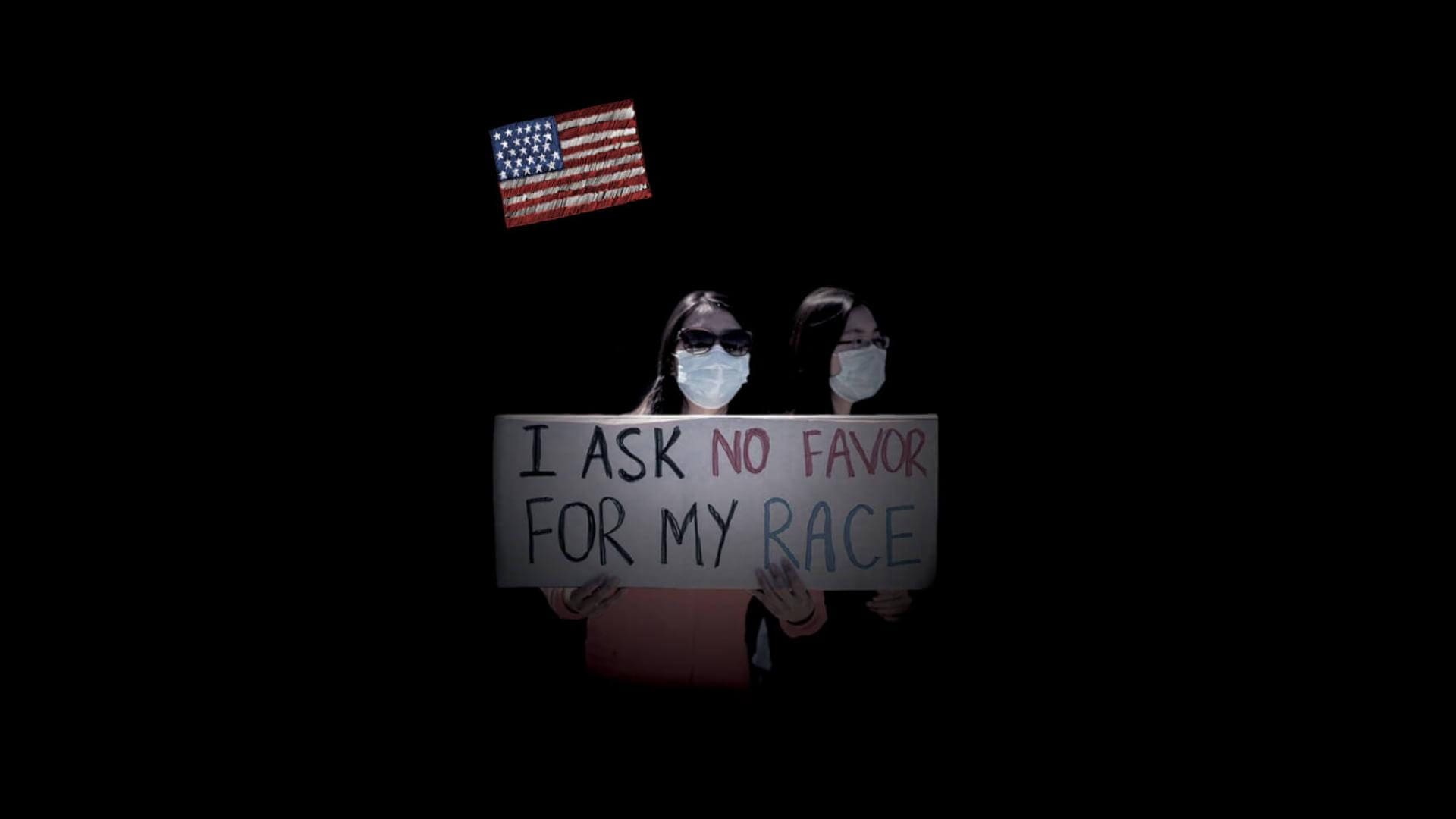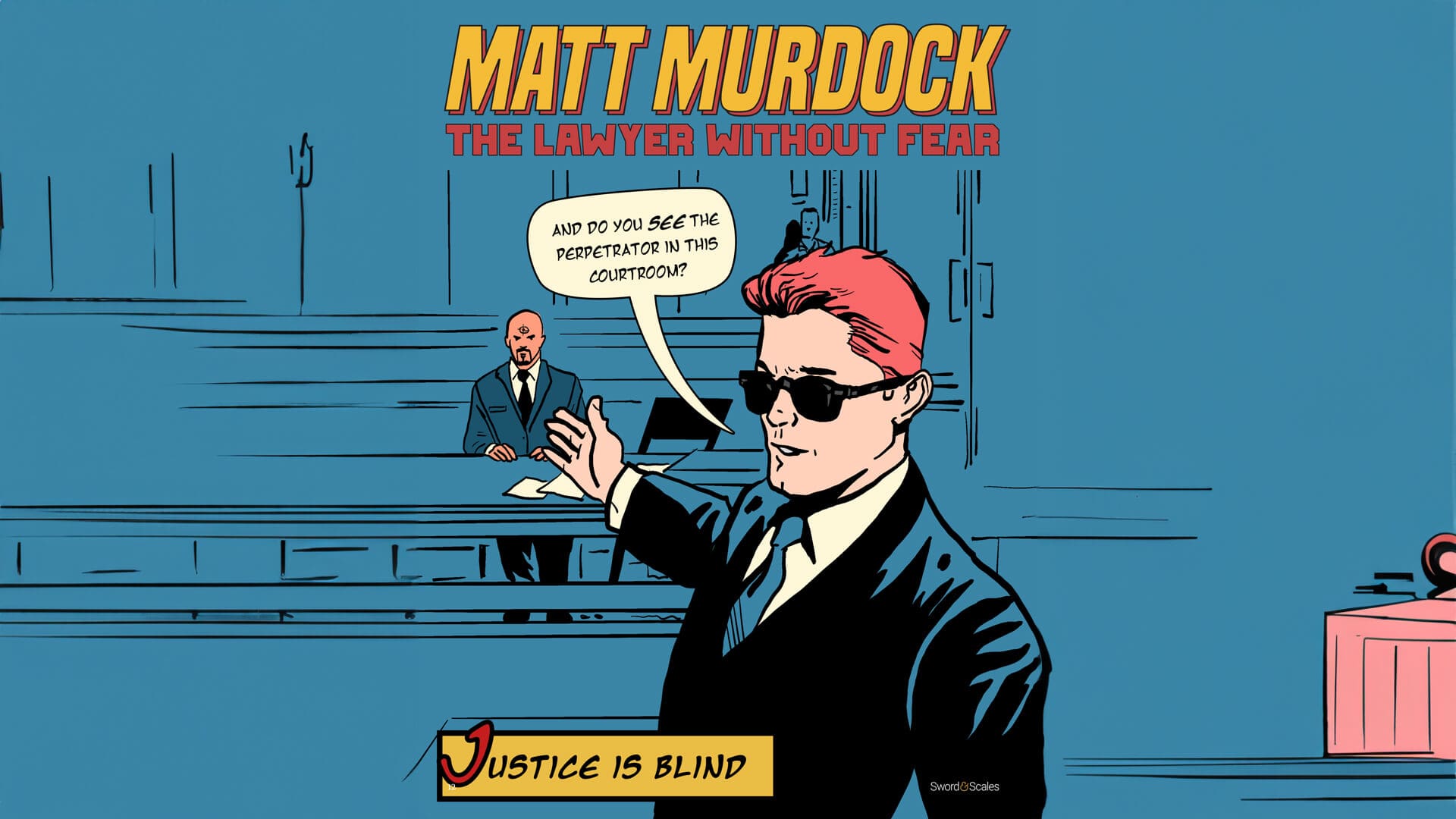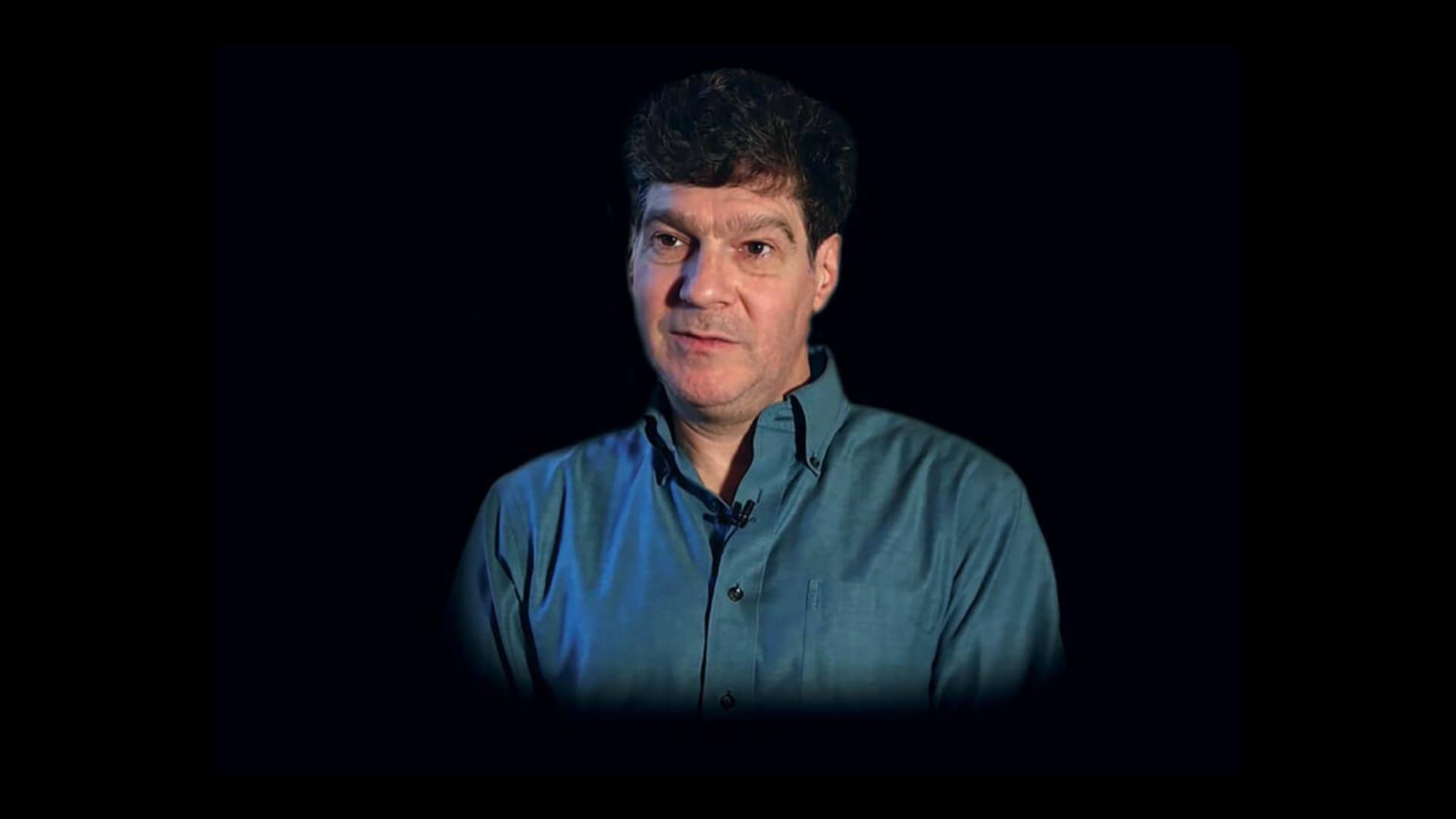THE DECLARATION OF Independence famously declared the universal principle that “all men are created equal.” As a nation, we solidified that principle in the Fourteenth Amendment, guaranteeing all persons the “equal protection of the laws.”
After experiencing the horrors of slavery and Jim Crow, Americans broadly came to understand the importance of requiring the government to treat people as individuals, not simply members of groups.
But this notion that the government should not distribute benefits and burdens based on arbitrary characteristics—and particularly on race—has been increasingly under attack in recent years, with more and more people advocating for race-based policies.
Perhaps the most visible examples of this have been in K-12 education.
Public specialized and magnet schools are known for their rigorous admissions policies that accept only the students who have shown they can handle the advanced curricula these institutions offer. These high standards are precisely why these schools are so attractive to parents and students in the first place.
But activists and policymakers have targeted these institutions, demanding they change their admissions policies to make the student body reflect the racial balance of the school districts.
Changing admissions policies to favor certain races over others is a blatant violation of equality before the law. This is why Pacific Legal Foundation is involved in several high-profile fights over admissions at some of the nation’s best STEM high schools.
We currently represent the Coalition for TJ, a group of parents, students, alumni, and community members who are challenging the Fairfax County School Board’s changes to the admissions criteria at Virginia’s Thomas Jefferson High School for Science and Technology (TJ).
TJ is ranked the top school in the nation, and it earned that reputation in part for its difficult admissions process and high-level math and science offerings. But the school board and its appointed superintendent set out to change that process because they did not like that Asian-Americans earned over 70% of the seats at TJ, while other races were “underrepresented.”
To remedy this, they replaced the longstanding admissions exam with what the board refers to as a “holistic” approach that intentionally disadvantages students from the middle schools that had the most successful Asian-American applicants.
The results have been stark—since the new admissions policy went into effect, the number of Asian-American students accepted already has declined from 73% of the incoming freshman class to 54%.
In New York City, Mayor Bill de Blasio and Education Chancellor Richard Carranza took up the same cause in 2018.
The city’s Specialized High Schools offer unparalleled opportunity for public school students in the city and have educated more than a dozen Nobel laureates. But as a whole, the eight specialized schools have a majority Asian-American student body, while New York City public schools are just 16% Asian-American.
The mayor and chancellor sought to abolish the admissions exam and adopt a geographic quota system that would ensure the Specialized High Schools look like the city. To achieve their desired racial balance, they were willing to deprive hundreds of high-achieving students—disproportionately Asian-Americans—of the opportunity to receive a world-class STEM education.
Fortunately, the state legislature blocked the administration’s plan. But PLF is still in court fighting for Asian-American students disadvantaged by de Blasio’s unilateral move to restrict access to a program designed to help poor students gain admission.
Similar scenes are unfolding across the nation as school districts abandon a colorblind pursuit of excellence in favor of their concept of equity.
The belief that all individuals should be treated equally has been replaced by proposals that assume any policy that does not lead to racial balance is discriminatory.
Replacing equality with these increasingly popular “equitable” solutions only creates discrimination, and its victims are often members of groups that have seen more than their share of discrimination throughout history.
More than a century after the Chinese Exclusion Act, many school officials see Asian-American success in admissions as a threat to equity. Asian-American children are therefore the collateral damage of the officials’ attempts to engineer racial balance. Racial discrimination, even in an effort to right real or perceived wrongs, is not a victimless exercise.
This pivot away from equality before the law isn’t limited to education.
PLF client Scott Wynn is a lifelong farmer who grows sweet potatoes and corn and raises cattle at Wynn Farms in Jennings, Florida. Like many farmers, he was hit hard by the COVID-19 pandemic.
Steep drops in beef prices and too little help and supplies to grow sweet potatoes meant less income. Worse still, nearly all the money he brought in went toward repaying his federal farm loan.
But when Congress included a farm loan forgiveness provision in the COVID-19-driven American Rescue Plan Act of 2021, Scott was ineligible—because he is white.
The law treats all minority farmers as “socially disadvantaged” and entitles them to total loan forgiveness, regardless of their individual circumstances. White farmers, like Scott, are excluded, regardless of their personal circumstances or the effect the pandemic had on their farms.
Likewise, when the pandemic began and businesses were forced to shut down, Etienne Hardre had to close his barbershop in Colorado Springs, Colorado. He has operated at reduced capacity since.
He worked tirelessly to find relief programs and grants that would allow him to keep his business afloat and provide for the livelihood of his family and employees. But when Governor Jared Polis signed legislation to provide $4 million in relief to small businesses in December of 2020, Hardre’s race rendered him ineligible.
Although the law was subsequently amended, it still gives preference to minority-owned businesses in distributing COVID relief.
The solution to past discrimination is to end discrimination, not to perpetuate it. But laws such as these do just that by prioritizing group identity over individual circumstances.
A person’s skin color is irrelevant to the question of whether he needs pandemic relief to keep his business afloat. And by choosing to elevate race above all else, the government violates the Constitution’s guarantee to treat us all equally—as individuals—before the law.
Fortunately, voters, even in the progressive bastion of California, may have hit their limit. Recently, proponents of equity pushed a ballot measure to repeal the state’s Proposition 209, which prohibited California from discriminating on the basis of race in education and contracting, because they said repealing 209 was necessary to “right previous wrongs.”
Nearly 60% of Californians rejected the proposal, preferring to require state institutions—including the world-renowned University of California system—to make decisions based on individual merit rather than group identity.
To invert a quote from psychologist Carl Jung, the darker the shadow, the brighter the light. The ideological shift away from individualism should not be met with fear, apathy, or hopelessness.
Across the country, parents are fighting back against what they see as indoctrination and injustice directed at their children. Business owners are asserting their rights to be treated equally without regard to their race. And people of all backgrounds continue to fight for the bedrock principle that, as Justice Antonin Scalia once wrote, “[i]n the eyes of the government, we are just one race here. It is American.”
Pacific Legal Foundation is there to help them in that fight.







